Among the expanded list of features our phones have gotten over the years, GPS may be one of the most fruitful additions. Not only can we use it to locate ourselves but it can serve as a phone retrieval option or even act as a navigation device. Other apps and software that uses GPS more than plentiful too, giving this feature exceptional versatility. However, it does have some caveats we should consider.
What exactly is GPS?
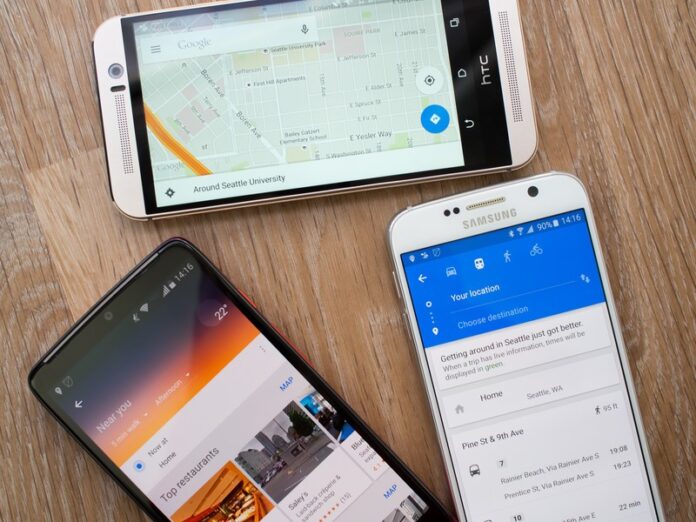
The term GPS stands for Global Positioning System. It uses satellite navigation to discern the location of an object. The system doesn’t use only one satellite, it has a few that relate data back to it. That way, the accuracy of information ends up being far greater than we could achieve with a single one. This technique is called triangulation, it’s a rather common method that is frequently used as a way to enhance the validity of information.
Although, even with this polished satellite system, we will encounter problems with our phone GPS. That’s why it’s useful to learn more about the actual way accuracy of GPS systems works. We will also provide some advice below, which could considerably improve the experience you have with GPS.
1. You can increase the quality of your GPS
There are a few steps you can take to improve accuracy with nothing but your phone’s inherent features.
As a first step, you should turn the GPS off for 30 seconds and turn it back on.
In the second step, turn on airplane mode for a bit. It needn’t be for long, about a few dozen seconds is fine. This will clear possible interruptions that could impact your GPS signal.
Next up, disable power-saving mode. Features such as GPS and WiFi are disabled during this mode and won’t work.
Make sure to reboot the phone after doing these steps. That’ll make sure your settings are properly configured.
The last step is to simply check out potential configurations you could do with your GPS. That should get you a lot better accuracy.
2. It is affected by overhead obstacles
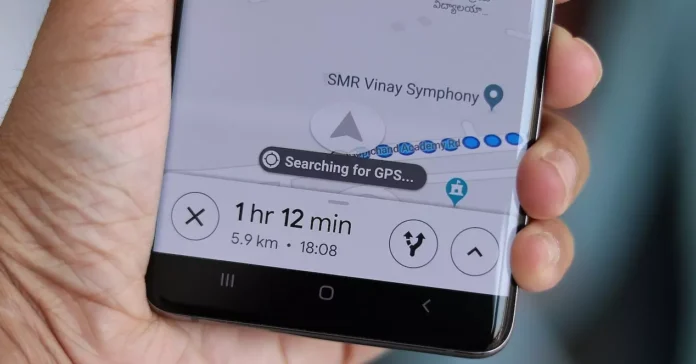
If you find yourself inside of a tunnel or are in any type of enclosed area you’ll be faced with far worse accuracy than you’d get with an open sky above your head. The nature of satellite signals requires vertical clearness. After all, the signal has to travel from multiple different satellites to our phones. Don’t be surprised if the signal gets fully scrambled as it travels through obstacles, it’s more likely than not due to the time it takes for it to reach your phone.
3. The GPS can be enhanced
For those who require stronger and more accurate GPS, the quality and accuracy of the signal can be improved with special receivers as well as augmentation systems. A dual-frequency receiver improves your signal by utilizing different frequencies from different satellites.
The augmentation system has a similar application but it uses a different approach that compiles different information to provide a better result. Either of these sources could be great for high-end users who require more accuracy.
4. The accuracy of your phone may be better than you think
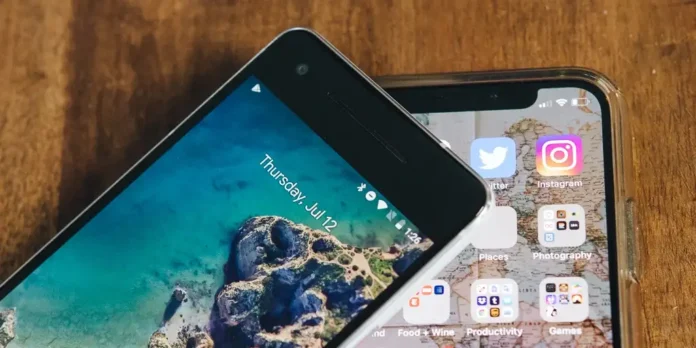
While many numbers are thrown around for phone accuracy and many speculations take place when it is discussed, the average accuracy it has is rather formidable. It could be as accurate as showcasing you within the 16 feet area of the actual position. However, that accuracy is constantly increasing.
While overhead obstacles can be an issue, as we’ve discussed before, the problems can be much more complex. The urban areas especially can interject with the incoming signal. Tall buildings and houses can disturb proper measurements which results in mediocre results.
5. Phone GPS is more accurate when immobile
You may have experienced situations where the phone is showing some off directions that are beyond usual mistakes made by GPS. The best example of this would be cases where your position is showcased as being in odd places like in the middle of the sea. That stems from GPS being off with calculating excess movement that happened while signal was being received. Usually, your signal would be right on the mark with that excess movement not happening. That’s why mobile GPS is the most accurate when immobile. If you are ever out and about while in need of accurate information, we suggest you pause for a minute so the accuracy of GPS can improve.
If you are trying to find your phone either outside or inside your home, the accuracy of the phone’s location will probably be rather decent. Of course, this is assuming that somebody didn’t pick it up or that the phone wasn’t left in a vehicle. If you wish to find your phone easier though, we suggest using find-my-phone.org.
6. You can test your GPS accuracy
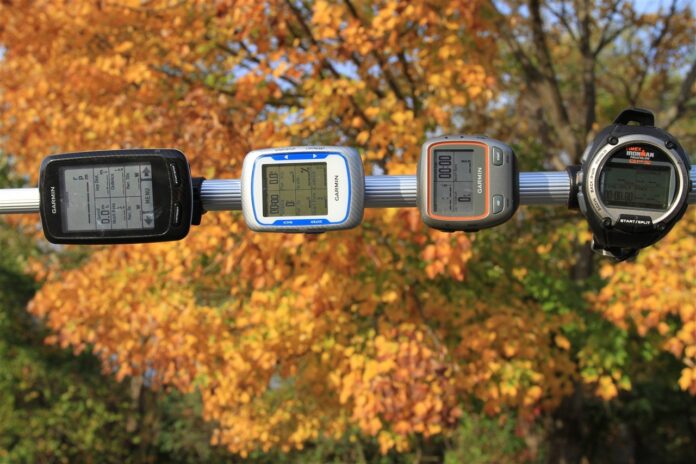
The best part about having such a widely used feature on your phone is the sheer amount of support it has across the board. After all, the more common the use of something is the higher the chances people will make additional software or updates to reinforce its use. Of course, when it comes to GPS there are some systems we’ve already elaborated on such as augmentation and receiver use.
However, for those who need more mundane aid, there are a plethora of available apps on phone stores. Among various functionalities they can possess something you could get good use out of is GPS testing apps. They will help you deduce how accurate the position your GPS is returning is.
Conclusion
The use of GPS is widespread as this system is versatile. Of course, it’s granted that we wouldn’t know all intricacies of GPS and its applications on our phones. The accuracy of said feature is also something that varies depending on a multitude of factors. Hopefully, after reading this article, you’ve acquired a better understanding of this system and its application. Knowing the multitude of factors affecting accuracy could come in handy during certain situations and so could software that supports it.

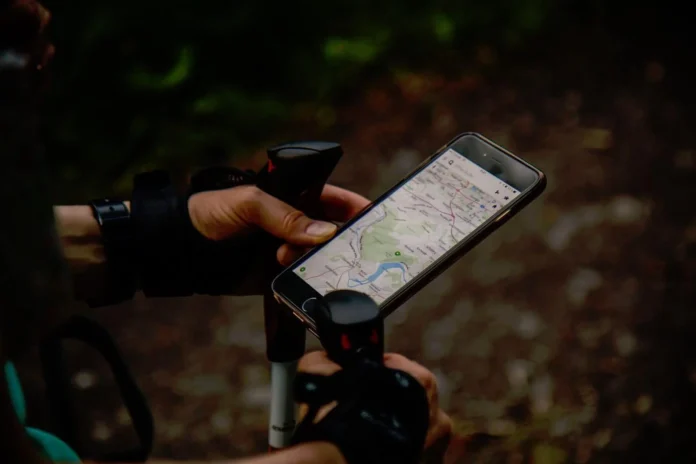



![Calgary’s Hottest Neighborhoods for Luxury Homebuyers [2024]](https://thewashingtonote.com/wp-content/uploads/2024/04/Calgary-324x160.png)



